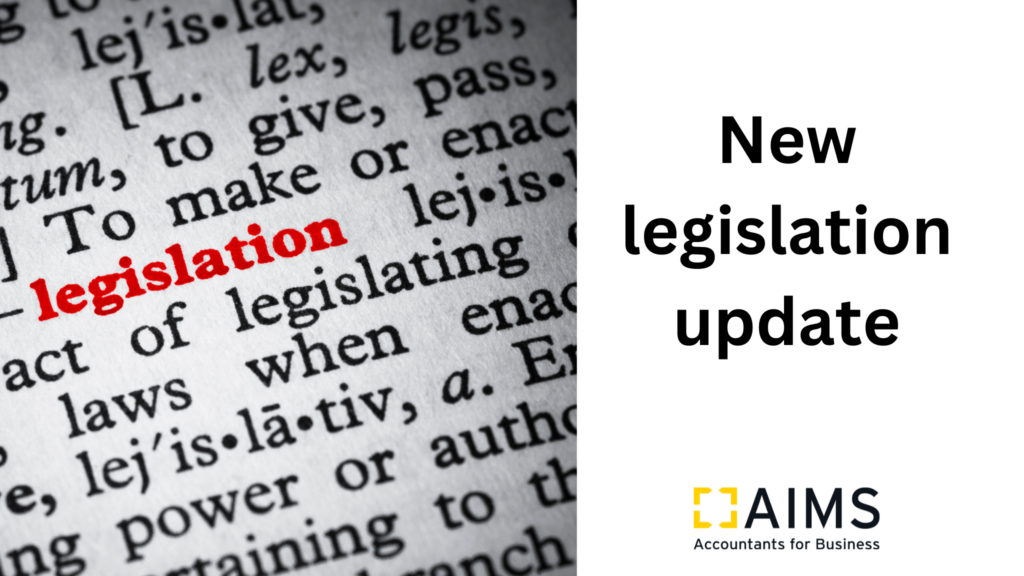
The Economic Crime and Corporate Transparency Act received Royal Assent a couple of weeks ago. This will give Companies House wider powers to prevent corporate structures for illicit purposes.
The UK has one of the world’s largest and most open economies, making it an attractive place for global business. However, this same openness exposes the UK to the risk of fraud and money laundering, with its links to serious and organised crime. Following Russia’s invasion of Ukraine, the Government acted quickly to introduce the Economic Crime (Transparency and Enforcement) 2022 Act (the “ECTE Act”).
The intention of the Act is to allow the Government to move faster and harder to impose sanctions, crack down on foreign criminals using UK property to launder money and to reform the UK’s unexplained wealth order to support law enforcement.
There will be implications for business owners, with tighter registration requirements for limited companies and more transparency, and business owners being required to share more information to detect economic crime.
The key changes include:
ID verification for all new and existing registered company directors, PSCs and those who file on behalf of companies
The Registrar becoming a more active gatekeeper over company creation and a custodian of more reliable data
Improving the financial information on the register
More effective investigation and enforcement powers
Enhancing the protection of personal information on Companies House
Filleted accounts will be abolished, meaning that all companies and micro-entities will need to file a profit and loss account
As of today, no word as to when the new rules will apply from.
To understand how this might impact your business, please talk to your AIMS accountant.